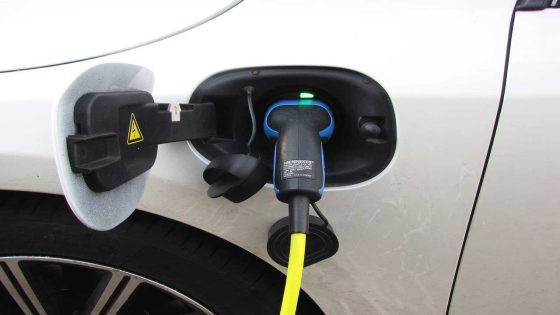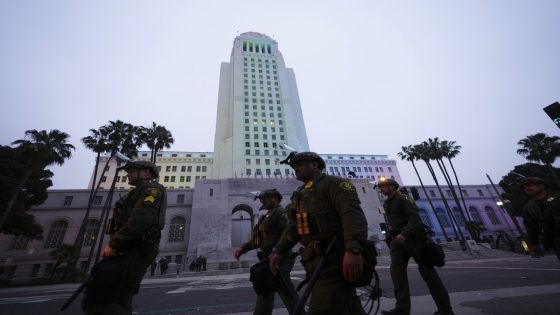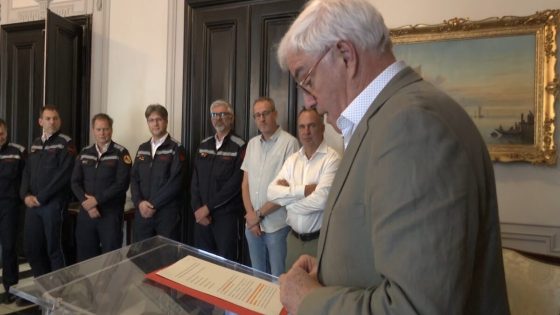Donald Trump recently voiced strong opinions on Spain’s reluctance to meet the new NATO defense spending standard. The former U.S. president insists that Spain must align with the NATO guideline requiring countries to allocate 5 percent of their GDP to defense. This statement was made public around 2025-06-21 15:24:00, stirring renewed debate on military budgets within the alliance.
- Trump criticizes Spain's resistance to NATO norm
- NATO norm requires 5% GDP defense spending
- Trump demands Spain comply with NATO standard
- US claims it deserves spending exception
- Focus on defense budget increases in Europe
However, Trump simultaneously argued that the united states deserves an exemption from this rule, highlighting a controversial double standard in NATO’s financial commitments. How will this stance affect relations within the alliance, especially for European members like Belgium?
As NATO members grapple with defense spending targets, Belgium and its neighbors watch closely. What does Trump’s criticism mean for smaller European countries trying to balance fiscal responsibility with security demands? The answers may influence Belgium’s defense policy moving forward.
Is it fair for the US to seek an exception while urging European countries to increase their defense budgets? This question underlines ongoing tensions within NATO’s financial framework. Belgium, committed to NATO but mindful of its own economic constraints, must consider:
- The impact of increased defense spending on national budgets.
- How US demands might shift alliance dynamics.
- The balance between collective security and national interests.
Looking ahead, Belgium should monitor these developments closely and engage in alliance discussions to ensure fair and sustainable defense contributions. Will Belgium rise to meet new NATO standards, or seek its own path amid shifting geopolitical pressures?
































